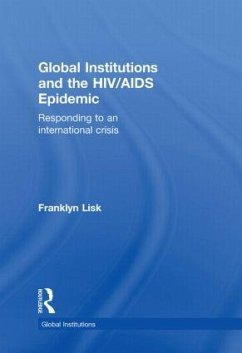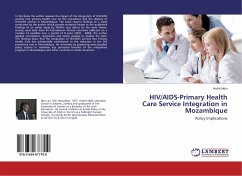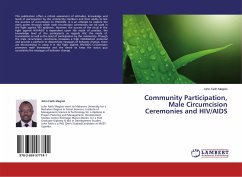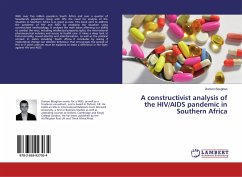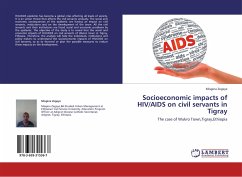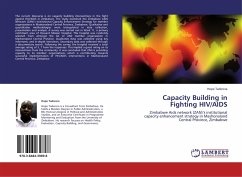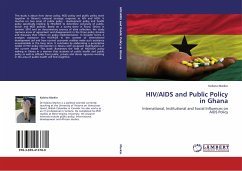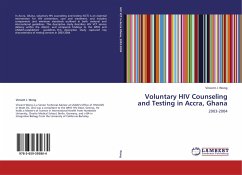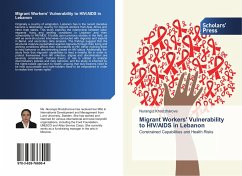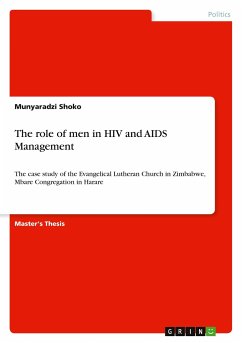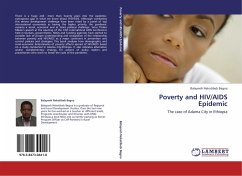
Poverty and HIV/AIDS Epidemic
The case of Adama City in Ethiopia
Versandkostenfrei!
Versandfertig in 6-10 Tagen
32,99 €
inkl. MwSt.

PAYBACK Punkte
16 °P sammeln!
There is a huge and more than twenty years into the epidemic-outrageous gap in what we know about HIV/AIDS. Although combating this serious development challenge have been rated by a panel of top international economists as having the higher priority, the pandemic remains a social, economic and at times political challenge. Since Thabo Mbeki s speech at the opening of the 13th International AIDS Conference held in Durban, governments, NGOs and funding agencies have started to consider lack of proper understanding and recognition of the relationship between poverty and HIV/AIDS as a major const...
There is a huge and more than twenty years into the epidemic-outrageous gap in what we know about HIV/AIDS. Although combating this serious development challenge have been rated by a panel of top international economists as having the higher priority, the pandemic remains a social, economic and at times political challenge. Since Thabo Mbeki s speech at the opening of the 13th International AIDS Conference held in Durban, governments, NGOs and funding agencies have started to consider lack of proper understanding and recognition of the relationship between poverty and HIV/AIDS as a major constraint in prevention and control policies and strategies. This book analyses how demographic and socio-economic determinates of poverty affects spread of HIV/AIDS based on a study conducted in Adama City,Ethiopia. It also indicates alternative and/or complementary strategy for actions of policy makers and practitioners who work to break the cycle of the pandemic.



